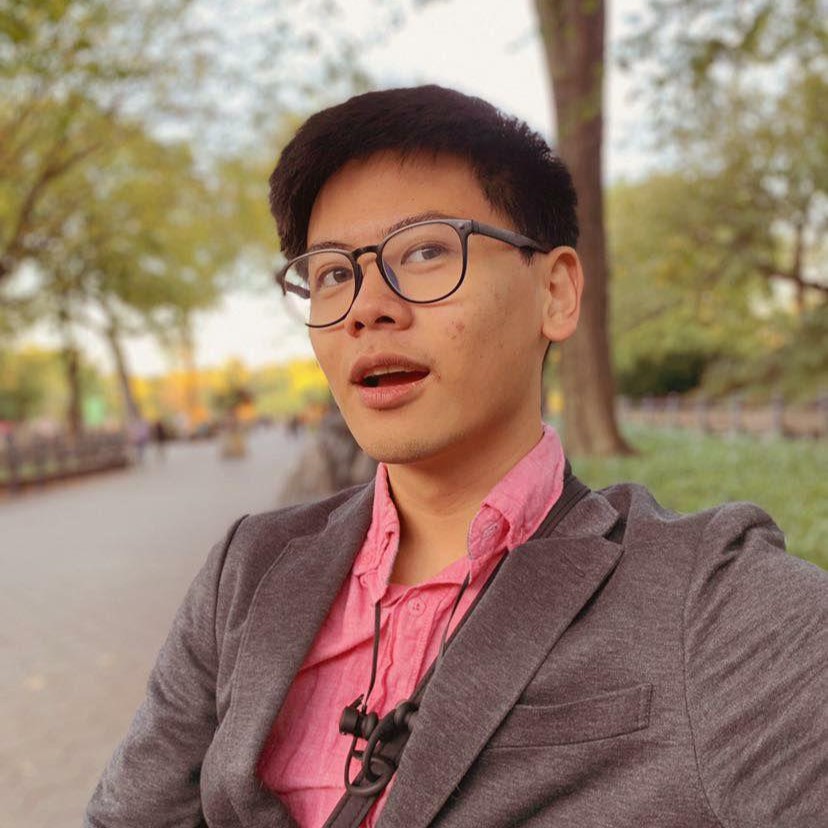Research
Narratives and Networks of Online Hate
My doctoral thesis posits that online hate matters not only in terms of how much there is of it, but also specifically because of: (a) the social narratives through which it attacks its targets, and (b) the social networks by which it spreads. Especially during the Covid-19 pandemic, I showed that narratives are critical for understanding differences in online hate across social contexts, and that they are a key component of inorganic hate compaigns. Similarly, I demonstrated that online hate communities feature an organizational signature that can be detected computationally, and that these structures can be exploited by social bots. At present, my ongoing work is exploring the extent to which these particular narrative and network results generalize across datasets and events, as well as linking their dynamics with potential offline correlates.
Computational Methods with Social Theory
For my core projects on online hate and beyond, I take an overarching approach to computational social science that emphasizes the interrelationship between computational methods and social theory. For instance, I have shown the importance of social identity theory for improving the performance and generalizability of hate speech detection models. I have also designed a comprehensive framework for drawing a throughline between conceptual definitions, operational measurement and prediction, and hypothesis-driven application for online troll detection. These studies represent key instantiations of my broader advocacy for interoperable socio-computational methods as well as mixed methods for critical big data research. I remain perennially interested in expanding these interdisciplinary strategies and models as well as inquiring into their underlying ontological, epistemological, and ethical assumptions.
Global Information Operations
Another cross-cutting theme in my research is the examination of online manipulation through information operations. Adopting an explicitly global perspective, I have sought to expose patterns of inorganic and harmful social media activity around the world as well as to underscore similarities and differences across geopolitical and regional settings. These objectives have amounted to a slew of multi-country comparative analyses focused on the Asia-Pacific and the Global South, including my first-ever Ph.D. conference paper, and follow-up studies at SBP-BRIMS, ICWSM, Computational and Mathematical Organization Theory, and EPJ Data Science. Moving forward, I am eager to incorporate this body of work into future investigations of disinformation innovations, especially with the recent popularization of generative AI and large language models.
Online and Offline Interrelationships
Finally, in acknowledgment that “what happens online does not stay online”, I am interested in the bidirectional relationship between online and offline behaviors and environments. I conceptualize and explore these reciprocal dynamics in terms of offline conditions shaping online activity, which in turn impacts offline consequences. My most intensive examination of these interrelationships have been in the context of the face mask infodemic during the Covid-19 pandemic. Through this work, we observed how offline politics shaped differential vulnerabilities to online harms and how online chatter about face masks in turn predicted future mask-wearing behaviors and Covid-19 infections. As I deepen my research into online conflicts, my current aims are to identify robust offline predictors of online hostilities and design methods to assess their offline impacts.
